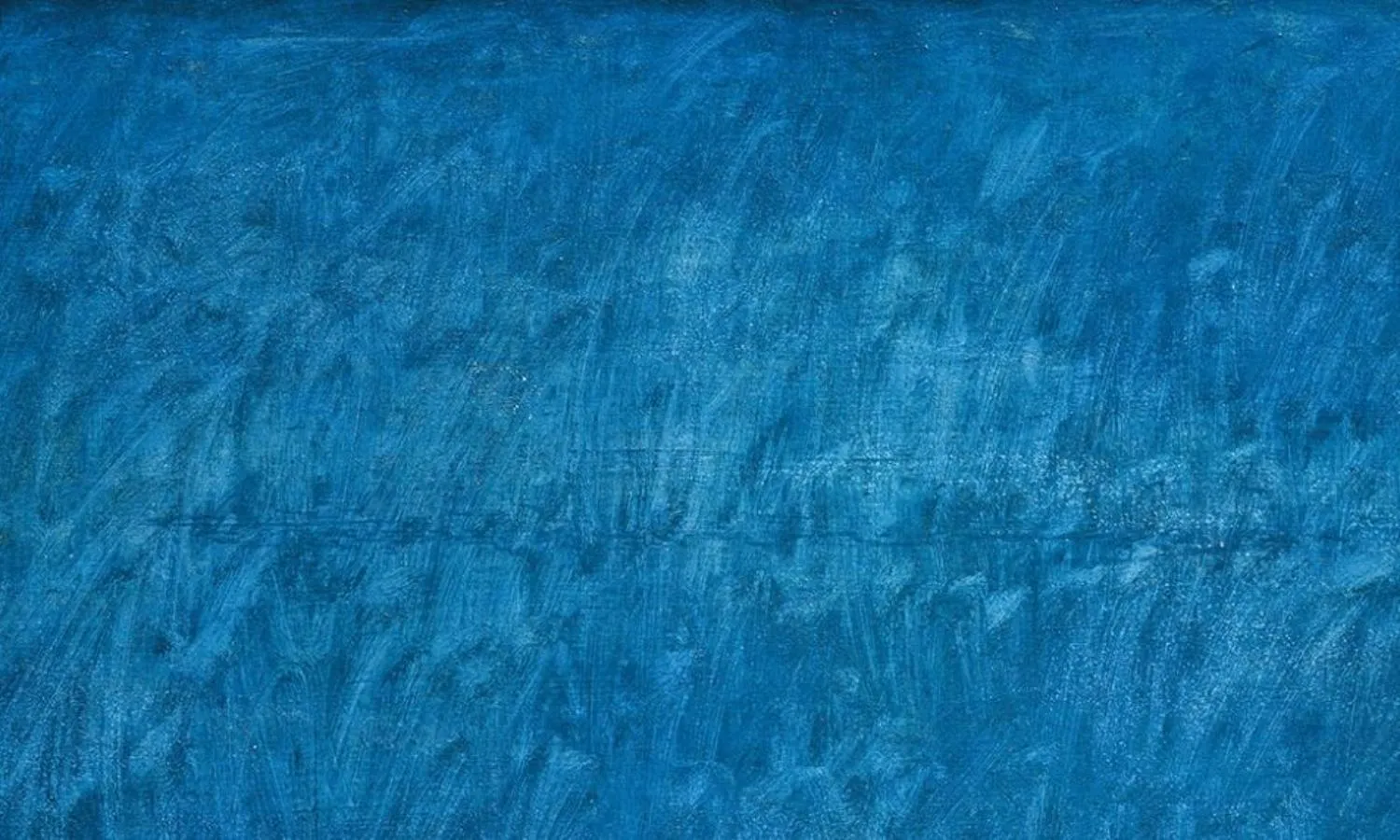The Tide’s Trouble Turning
Book review – I Have Become the Tide by Githa Hariharan

Writing is a powerful indelible book, which takes interflowing stories to build a myth.
Long ago a cattle skinner dies hungry and drunk. Strange men take his son and his drum crossriver to Anandagrama, a nonnonplace.
Now three casted children strive to become doctors of medicine.
And a familied scholar catches the note of zealot assassins.
Lark lipid lines make these stories seem like film. There’s chalk white beginnings, rank mud befores and high blue afters.
But sky is an air effect.
Stillness got going, with loss and effort and discovery. The characters are supported with dreams, friends, books and elders, children, gardens, dreams. Even time travels.
Somewhere machines, wry fireflies in dark pools of darkness, tricks the work of a master or two. It’s a voice controlled by the energy fiction.
What political possibility is staged in this myth? Sometimes the question is forced, in a bare thread of voiceovers that tread upon the dream, in interjections like Rajagopalachari’s commentaries in his Mahabharata but inallegoric, less connected, they don’t speak otherways.
Invariably these commentaries deal with what is called caste, whose blood they take for granted. They are not as deeply felt.
Their weakness may supplant a reasoned urge to turn the character-lessons into History and Law and Universe, old husband’s tales.
They demonstrate vulnerability. It exonerates itself.
It tries to show how Narcissus and Echo or Brahmin and Pariah aren’t inevitable.
Of the bad in the book, we gain little sense of why they act as they do, or of their limits. How were they brought up? What were they told? The good earn a mask of life denied them. Their zealotry is irrational, it simply appears.
We should know as we consent to a genocidal state, this dread corporation you cannot resign.
It is the commentaries which demonstrate the upper gender, higher caste feeling, rescuing it from disguise or oblivion in one’s set, from becoming transparent and commonplace and inevitable.
I refuse the metallic outprojections of this apartheid minor glottal cage.
This ashrafi it straddles world regions and religions. Defined by its power – to manage capital – wealth taking, self begetting – including the worlds of others.
I want to tell the Commentator, that the trouble with people who think they’re upper caste, is the truer their claims to straight lines and terrible privilege, the truer they must have always clung to power, across many modes of production. They must really want it, and must be good at it, and teach their kids to do it, and must by now know nothing else.
Dull vanguard shredded soft, it attempts a colonialist enterprise over minds it regards as inferior.
It sees animals not equals. It still believes man is god. It beats a tattered drum. It exhausts itself in the reckoning.
Its castes are coin. The coins are baked in a pot. The pot is buried, bears riches. Nearly verbal. Very precise.
There are voices in the novel. Are stories in the novel. Rivers, and while the storyteller recognises only possibilities for the Commentator it all adds up, holds us in this awful felicity.
Recognising the possible transmutation from dasa master to arya slave, and maybe even the other way round, by matter’s end he muscles in, filling in the story of the dead not yet, saying the clumsy mind of a girl called Desire, enacting her awakening— into Jai Bhim and Lal Salaam— on purple’s terms.
At the cross the master’s been denied self-recognition.
To dwell on these commentaries is a lopsided injustice to Hariharan’s work. At its best the prose is brilliant, filament arrayed in the darkness preparing. The scenes stay on and the story—at its crest your heart’s in the mouth. It would make a great film, and one might even miss the occasional earnest harangue.
Like here the gentle professor in Town Hall, translates the poet low but born:
He dives into himself,
practises his alchemy.
Bodies melt into words,
Word turns spirit.
Friends, foes,
all buried
one by one,
ash in his earth.
There’s only one man left.
Is he the one?
Who’s left to tell him?
The tide’s trouble turning - is the collar’s been won.
I Have Become the Tide is published by Simon & Schuster India, 2019
The sun from Minerva, asteroid Ryugu, JAXA
Cover photo: Joan Miró, Blue, Schirn Museum



